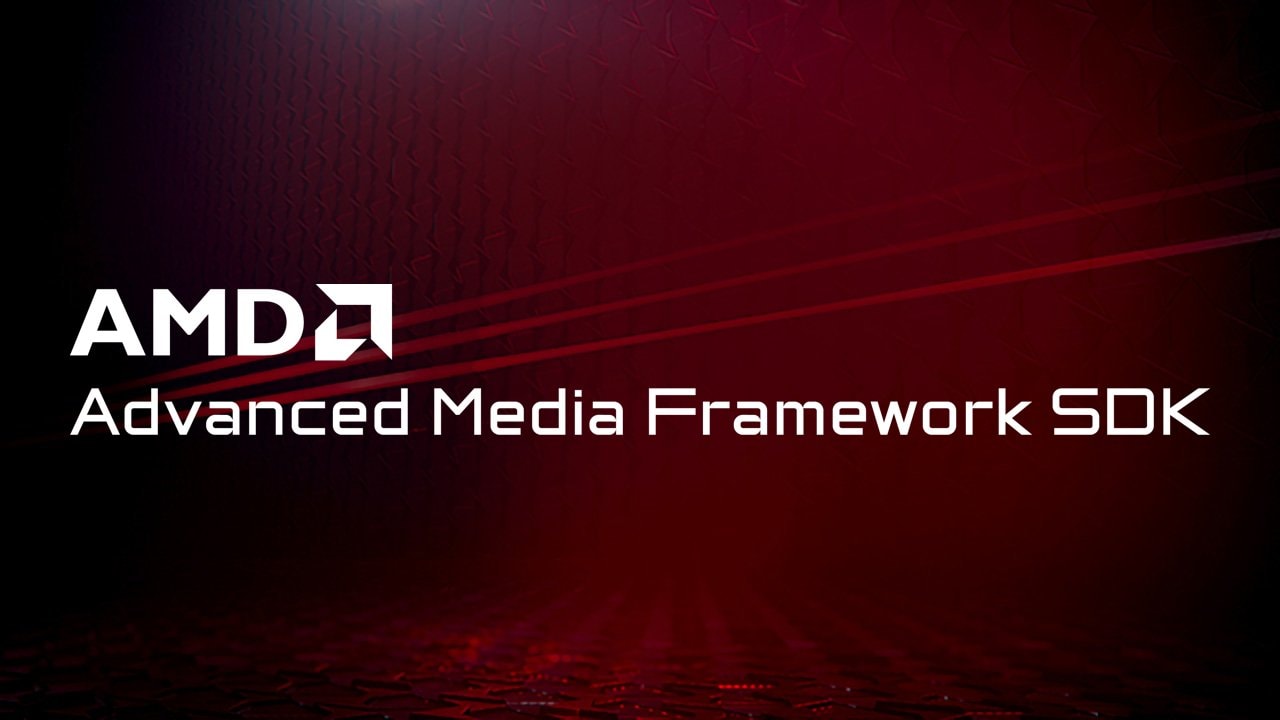
AMD Advanced Media Framework SDK
The AMD Advanced Media Framework SDK provides developers with optimal access to AMD GPUs for multimedia processing.

Create low-latency streaming solutions with AMD GPUs
The AMD Interactive Streaming SDK provides developers with a set of building blocks and samples that allow to easily create custom low-latency streaming solutions for cloud gaming, VDI, and embedded applications using AMD GPUs.
AMD Interactive Streaming SDK is an open source project released under a non-restrictive MIT license.
Please note: The AMD Interactive Streaming SDK relies on the AMD Advanced Media Framework (AMF) SDK. It requires AMF v1.4.36.0 (or newer) and the AMD Software: Adrenalin Edition™ 25.3.1 driver (or newer) for Windows®, or the AMD Radeon™ Software/Radeon Pro Software for Linux® 25.10.2 driver (or newer).
This release adds the following features:
The AMD Interactive Streaming SDK may be used to build a variety of low-latency game and desktop streaming solutions using AMD GPUs for datacenter, desktop, and embedded environments.
It provides a comprehensive set of building blocks, samples and documentation for creating applications in various fields, including, but not limited to:
The AMD Interactive Streaming SDK allows you to build both standalone server applications performing video and audio capture, or can be integrated with the application, such as a game engine, a CAD application, or an embedded design.
Server:
Client: